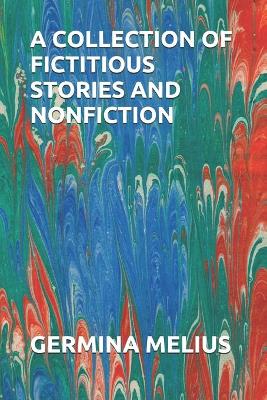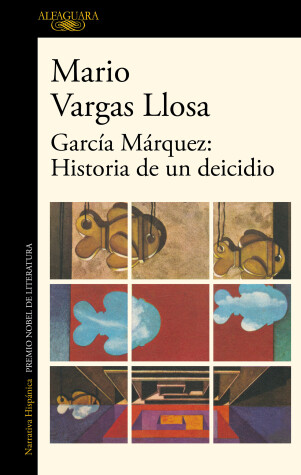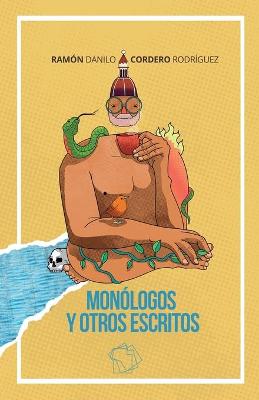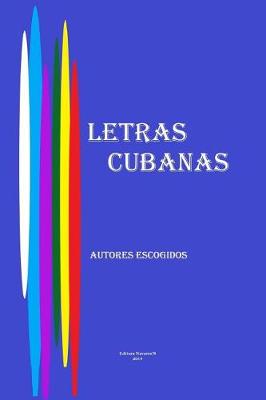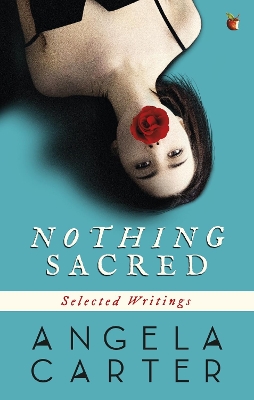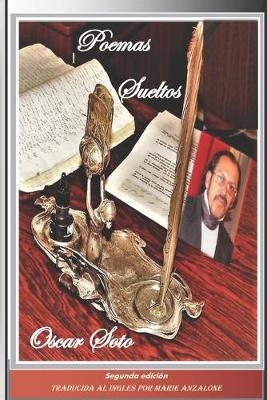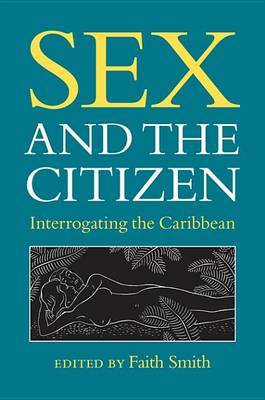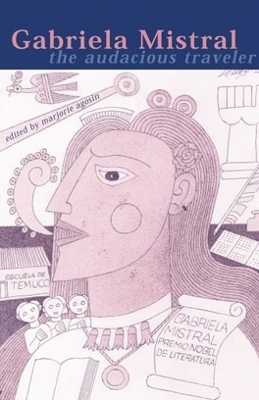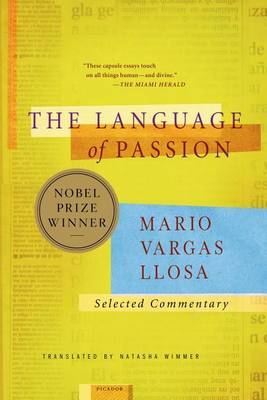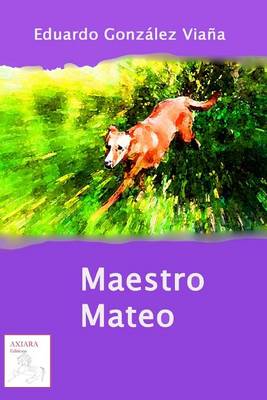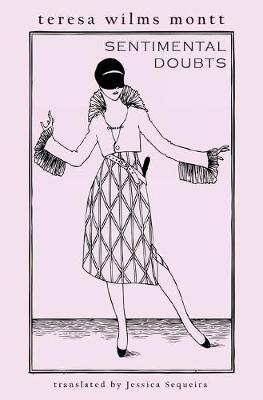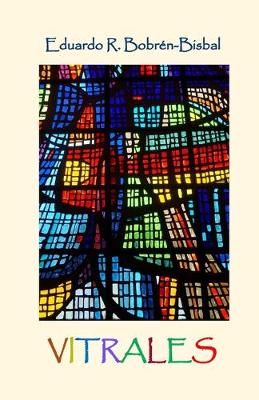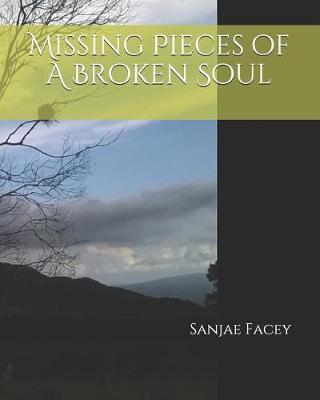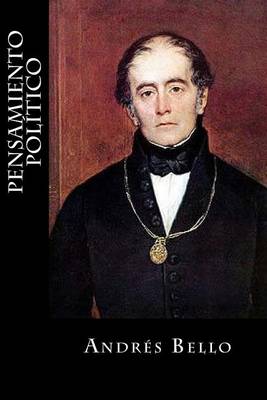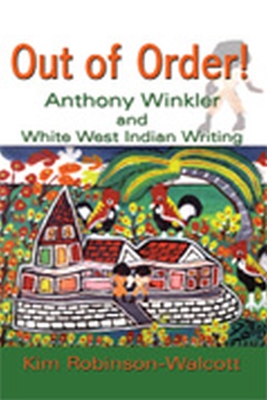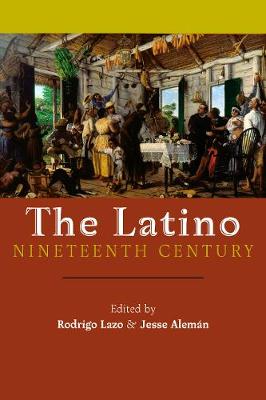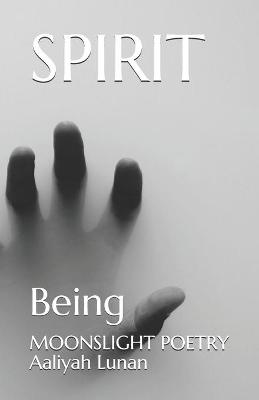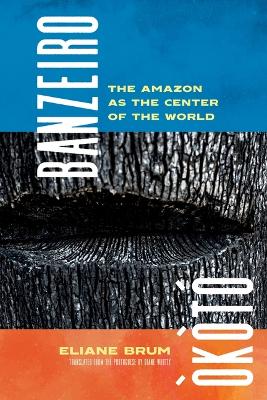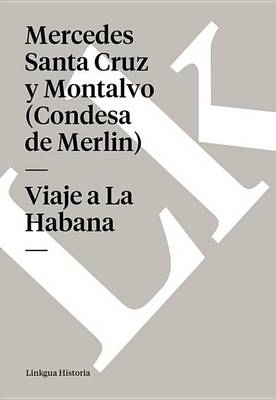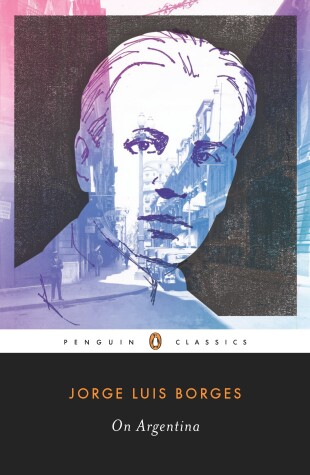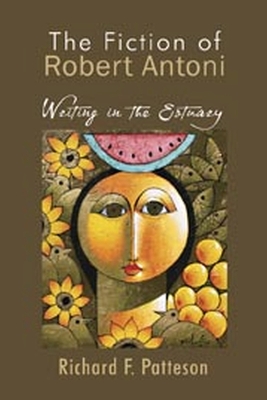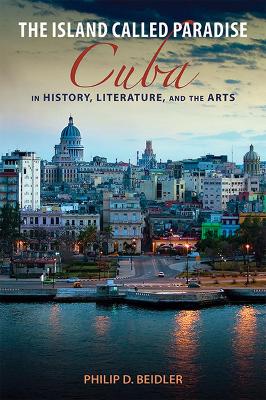A Collection of Fictitious Stories and Nonfiction
by Germina Melius
Garcia Marquez: historia de un deicidio / Garcia Marquez: Story of a Deicide
by Mario Vargas Llosa
«Cada novela es un deicidio secreto, un asesinato simbólico de la realidad.» Publicado a comienzos de la década de los setenta y desaparecido de las librerías desde hace muchos años, este ensayo, que en su origen fue la tesis que le valió a Vargas Llosa en 1971 el título de doctor por la Universidad Complutense de Madrid, muestra la admiración del Nobel peruano por García Márquez y por su novela Cien años de soledad. En él se analiza en profundidad la obra del autor colombiano, compañero de Var...
In the pursuit of magnificence, nothing is sacred,' says Angela Carter, and magnificence is indeed her own achievement. One of the most acclaimed novelists of her generation, her work as a journalist and critic was no less original. Long autobiographical pieces on her life in South Yorkshire and South London are followed by highly individual inspections of 'abroad'. Some of her most brilliant writing is devoted to Japan - exotically and erotically described here - so perfectly suited to the Cart...
Gabriela Mistral (Research in International Studies, Latin America)
by Marjorie Agosin
Gabriela Mistral is the only Latin American woman writer to be awarded the Nobel Prize in Literature. Even so, her extraordinary achievements in poetry, narrative, and political essays remain largely untold. Gabriela Mistral: The Audacious Traveler explores boldly and thoughtfully the complex legacy of Mistral and the way in which her work continues to define Latin America. Edited by Professor Marjorie Agosin, Gabriela Mistral: The Audacious Traveler addresses for the first time the vision that...
Out of Order!
Anthony C. Winkler, one of the most popular West Indian writers of the last fifty years largely due to his "out-of-order" outrageousness, is a white Jamaican who is often, on the basis of his writing, assumed to be black. Acknowledging the fluidity of the terms "white Jamaican" and "white West Indian", the book offers a preliminary overview of writing by white West Indians, identifying stereotypes and relating Winkler's books to prevalent trends demonstrated by other white West Indians - and sug...
Canciones y Poemas del Compositor Andres Herandez Ramirez (Caniones de Andres Hernandez Ramirez, #3)
by Andres Hernandez Ramirez
The Latino Nineteenth Century (America and the Long 19th Century)
A retelling of U.S., Latin American, and Latino/a literary history through writing by Latinos/as who lived in the United States during the long nineteenth century Written by both established and emerging scholars, the essays in The Latino Nineteenth Century engage materials in Spanish and English and genres ranging from the newspaper to the novel, delving into new texts and areas of research as they shed light on well-known writers. This volume situates nineteenth-century Latino intellectuals...
A literary guide to Argentina by its most famous writer Jorge Luis Borges wrote about Argentina as only someone passionate about his homeland can. On Argentina reveals the many facets of his passion in essays, poems, and stories through which he sought to bring Argentina forward on the world stage, and to do for Buenos Aires what James Joyce did for Dublin. In colorful pieces on the tango and the gaucho, on the card game truco, and on the criollos (immigrants from Spain) and compadritos (street-...
THE FICTION OF ROBERT ANTONI
"The Fiction of Robert Antoni: Writing in the Estuary" is the first full-length study of the work of this important Trinidadian/ Bahamian Caribbean writer. When his first novel, "Divina Trace", appeared in 1992, one critic compared it to a collaboration between James Joyce and Gabriel Garcia Marquez. But Antoni's fiction is startlingly original. Each of his subsequent books is quite different from the one before, but all have their common origin in generations of experience in the West Indies, m...
A personal and cultural mediation, Philip D. Beidler's The Island Called Paradise explores the fascinating ways Cuban history and culture have permeated North American consciousness, and vice versa. In The Island Called Paradise, Philip D. Beidler shares his personal discovery of the vast, rich, and astonishing history of the island of Cuba and the interrelatedness of Cuba and the US. Cuba first entered Beidler's consciousness in the early 1960s when he watched with mesmerised anxiety the tel...
